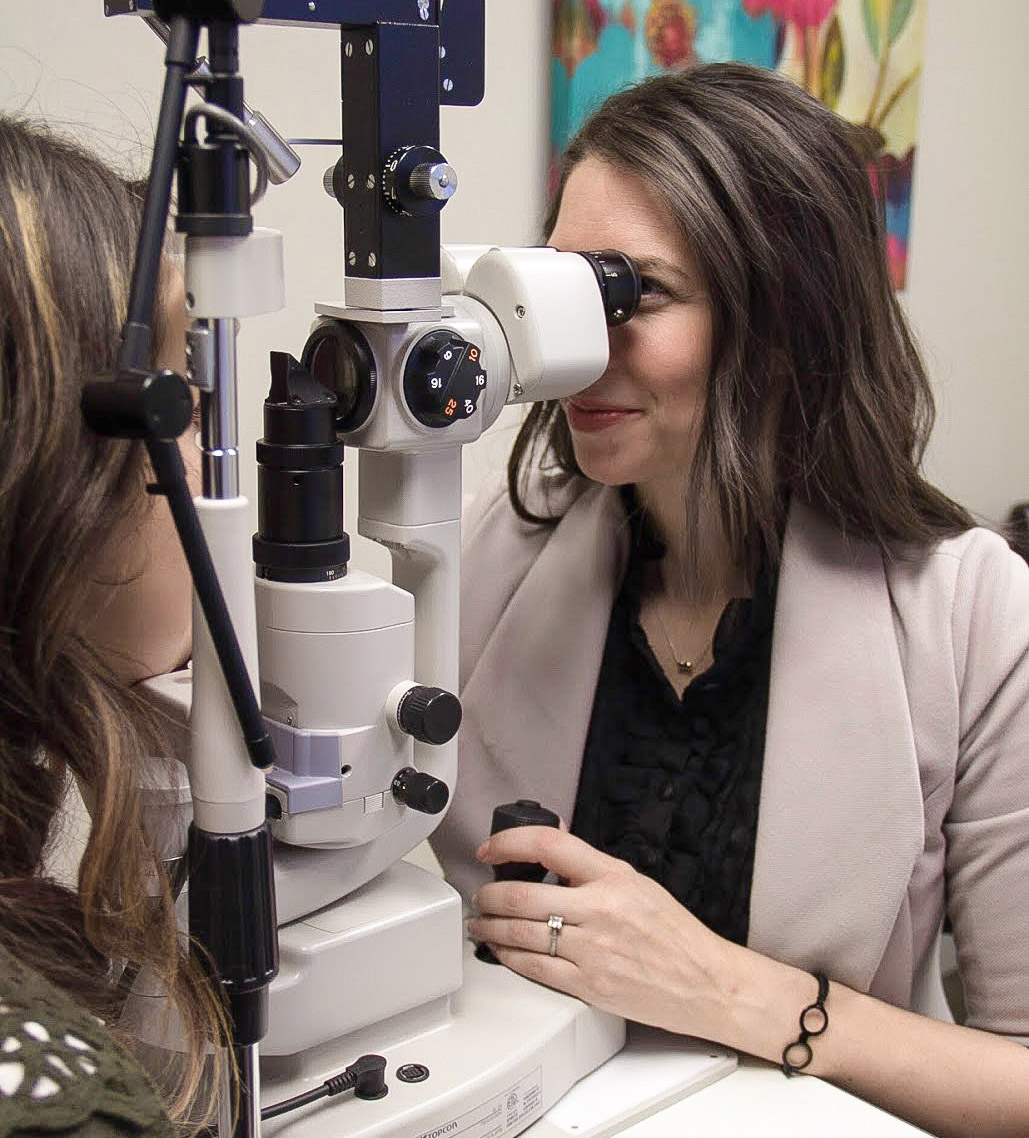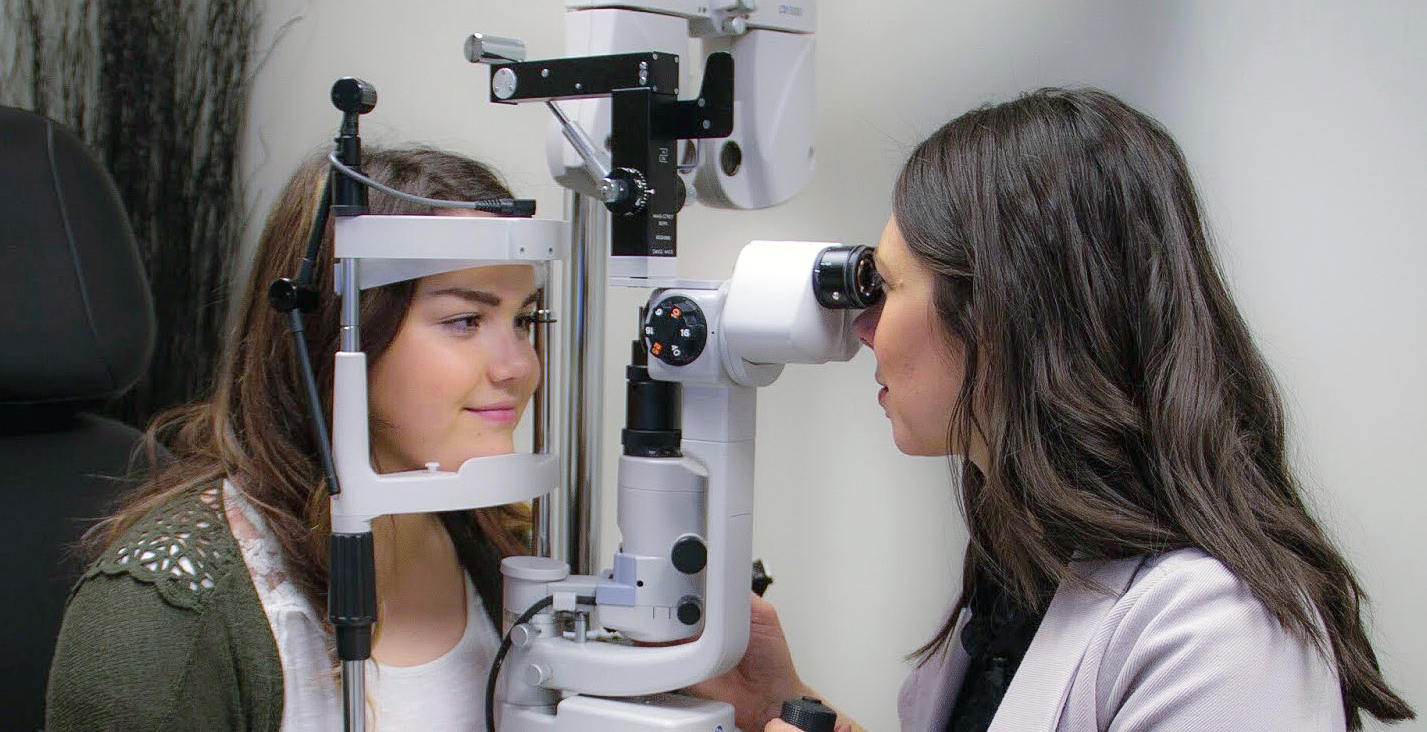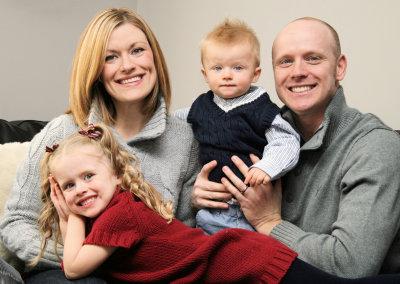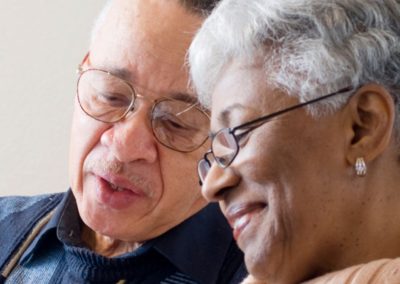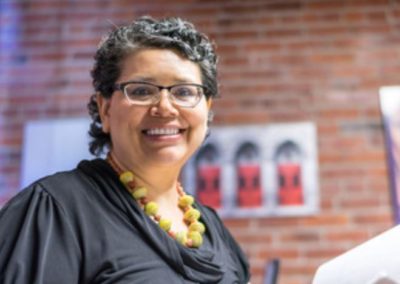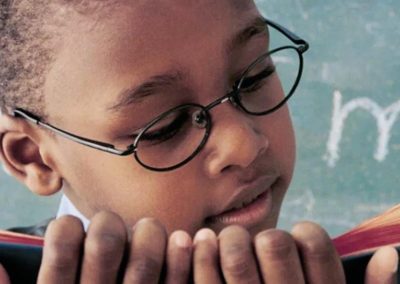EYE EXAMINATIONS
ADULT EYE EXAMS
An Eye Exam is about one thing: making sure that you have the best possible vision today and into the future. During your eye exam, Dr. Barton or her staff will start by performing multiple tests to assess your ocular health and vision quality. This information is used by Dr. Barton to make decisions regarding your eye health, corrective lenses, and long-term vision care.
- Optomap retinal imaging – Using a high-resolution, wide-field digital retinal camera, a detailed image is taken of your internal eye structures (retina, macula, etc.). Eye diseases such as glaucoma and macular degeneration are both clearly visible via this process.
- Visual field testing – This process assesses your peripheral vision. Certain eye diseases, such as glaucoma, will impact your peripheral vision before central vision is affected. Visual field testing can provide an early clue about developing eye diseases.
- Autorefractor – This test quickly approximates what corrective lens prescription, if any, is needed for your eyes. Dr. Barton uses this information to quickly hone in on the ideal prescription.
- Tonometer – This test measures your intraocular pressure (IOP). An abnormal IOP is a strong indicator of certain eye diseases, including glaucoma.
During the exam, Dr. Barton will also perform additional testing and discuss any concerns you may have.
- Case history – gathering information about your vision and eye health concerns. Updated general health and medications information as both of these factors may affect vision and eye health.
- Visual examination of internal and external the eye structures. Your eyes not only provide information about your ocular health, they often provide a good indication of overall health. In fact, your eyes can show us signs of other health problems like diabetes and stroke. Dr. Barton will make a careful assessment of your eyes during the examination to ensure everything looks as it should.
- Binocular vision assessment – the eyes are meant to work as a team. Various testing is done to make sure the two eyes are aligned, tracking and focusing together.
- Digital imaging assessment – Dr. Barton will review the images captured by the retinal camera, outlining any changes or concerns she may have.
- Dilation, depending on the reason for your exam, your age, your overall health and your risk of eye diseases. The eye drops used for dilation cause your pupils to widen, allowing in more light and giving Dr. Barton a better view of the back of your eye. Eye dilation assists her in diagnosing common diseases and conditions, including macular degeneration, retinal detachment, glaucoma and eye diseases related to diabetes and high blood pressure.
- Refraction — The eye test to determine your sharpness of vision, how clearly you are seeing at distance and near ranges, and if your eyes would benefit from a corrective lenses. This is the test that allows Dr. Barton to determine your best prescription for glasses and/or contact lenses.
Regular eye exams are the best way to detect eye problems, developing eye diseases, and other issues before they impair your vision. This is especially true in older adults since our eyes change more rapidly as we age. As with most types of disease, early diagnosis and treatment greatly improves recovery and long-term treatment. But an annual comprehensive eye exam is important at all ages. Vision changes are not always obvious, and Dr. Barton is proactive in caring for her patients’ eye health at all ages.
.
CHILDREN’S EYE EXAMS
Eye exams for children are an extremely important part of your children’s healthcare. Five to ten percent of preschoolers and 25% of school-aged children have vision problems. Early identification of a child’s vision problem is crucial because, if left untreated, some childhood vision problems can cause permanent vision loss or interrupt normal development in other areas.
According to the American Optometric Association (AOA), infants should have their first comprehensive eye exam at 6 months of age. Children then should receive additional eye exams at 3 years of age, and just before they enter kindergarten at age 5 or 6. Because their vision is changing so quickly and the visual demands of school increase each year, all school-aged children should have an annual eye exam. Dr. Barton will check your child’s eye health, sharpness of vision, and the critical visual he/she needs for learning. School vision screenings are not adequate to evaluate these important developmental skills.
- Near vision
- Distance vision
- Eye teaming skills (binocularity)
- Eye movement skills (ocularmotility)
- Focusing skills (accommodation)
- Peripheral awareness
When scheduling an eye exam, choose a time when your child is usually alert and happy. Specifics of how eye exams are conducted depend on your child’s age, but an exam generally will involve a case history, vision testing, determination of whether eyeglasses are needed, testing of eye alignment, an eye health examination and a consultation with you regarding the findings.
Be sure to tell Dr. Barton if your child has a history of prematurity, has delayed motor development, engages in frequent eye rubbing, blinks excessively, fails to maintain eye contact, cannot seem to maintain a gaze (fixation) while looking at objects, has poor eye tracking skills or has failed a pediatrician or pre-school vision screening.
Dr. Barton will also want to know about previous ocular diagnoses and treatments involving your child, such as possible surgeries and glasses or contact lens wear. Be sure you inform her if there is a family history of eye problems requiring vision correction, such as nearsightedness or farsightedness, misaligned eyes (strabismus) or lazy eye (amblyopia).
For further information on vision and learning, see our page on Children’s Vision.
